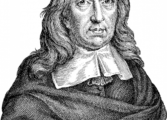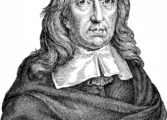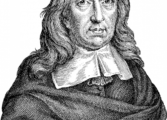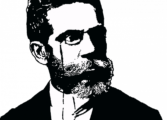Franz Kafka: A Deep Dive into the Mind of an Iconic Literary Figure
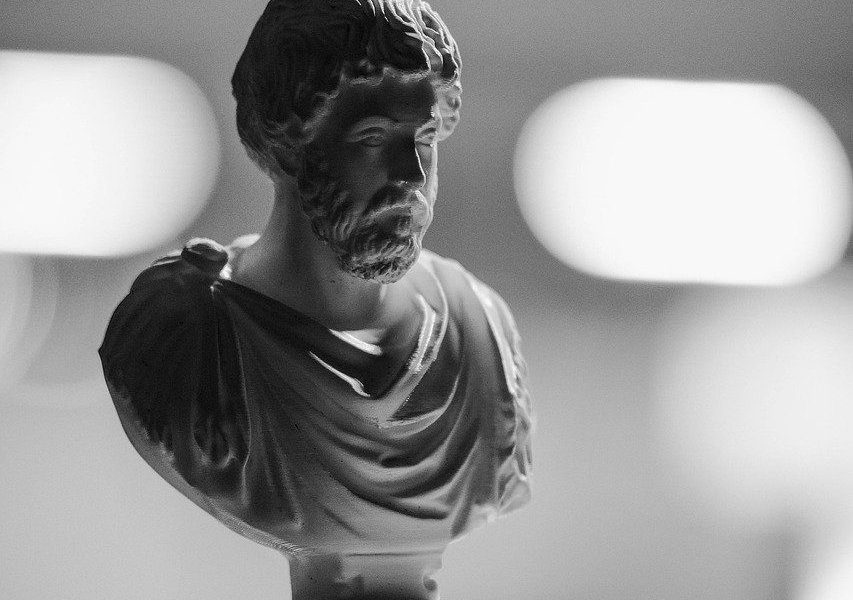
Introduction:
Franz Kafka, one of the most influential and enigmatic writers of the 20th century, continues to captivate audiences with his thought-provoking and surreal narratives. His unique writing style and exploration of themes such as alienation, bureaucracy, and existential angst have solidified his place in the literary canon. In this article, we will delve into Kafka’s life, his works, and the impact he has had on the literary world.
I. The Life and Works of Franz Kafka:

1. Early Years and Background:
– Franz Kafka was born on July 3, 1883, in Prague, then part of the Austro-Hungarian Empire, to a middle-class Jewish family.
– Despite having a tense relationship with his father, Kafka had a close bond with his mother and sisters.
2. Kafka’s Writing Style and Themes:
– Kafka’s distinctive writing style is characterized by its complex narratives, introspective protagonists, and a sense of impending doom.
– His works often revolve around themes of alienation, isolation, and the absurdity of the human condition.
3. Major Works:
a) “The Metamorphosis” (1915):
– This novella tells the story of Gregor Samsa, who wakes up one morning to find himself transformed into a monstrous insect.
– Through this tale, Kafka explores themes of identity, acceptance, and the struggle between individuality and societal expectations.
b) “The Trial” (1925):
– This novel follows the protagonist, Josef K., as he navigates a labyrinthine legal system without ever understanding his crime.
– Kafka delves into themes such as guilt, powerlessness, and the dehumanizing effects of bureaucracy.
c) “The Castle” (1926):
– Set within a mysterious village ruled by an inaccessible castle, this unfinished novel delves into the human desire for recognition and belonging.
– Kafka explores themes of authority, futility, and the limits of human knowledge.
II. Kafka’s Evolution over Time:
1. Reception during Kafka’s Lifetime:
– Kafka’s works received minimal recognition during his lifetime, with only a handful of stories published during his lifetime.
– He mainly wrote for himself and never expected his works to be widely read.
2. Posthumous Publication and Fame:
– After Kafka’s death in 1924, his close friend Max Brod disregarded Kafka’s dying wish to burn his unpublished manuscripts.
– Brod instead edited and published several of Kafka’s major works, introducing the world to Kafka’s unique voice.
3. Influence on Literature and Beyond:
– Kafka’s writings have had a profound impact on the literary world and various other artistic disciplines.
– His exploration of existential themes and the human psyche continues to inspire countless authors, filmmakers, and artists.
III. The Legacy of Franz Kafka:
1. An Icon of Modern Literature:
– Kafka’s works have become synonymous with existentialism and the absurd.
– His portrayal of surreal and nightmarish scenarios has left an indelible mark on the literary landscape.
2. Cultural Impact:
– Kafka’s name has become an adjective, “Kafkaesque,” to describe situations marked by bizarre, illogical, and impenetrable bureaucratic systems.
– His influence extends beyond the realm of literature and into philosophy, psychology, and even popular culture.
Conclusion:
Franz Kafka’s profound examination of the human condition, his unique writing style, and his exploration of existential themes have cemented his status as one of the greatest literary figures of the 20th century. His works continue to resonate with readers worldwide, inviting them to confront the complexities of life, bureaucracy, and the limitations of the human understanding. Kafka’s legacy lives on, inspiring new generations of artists, thinkers, and individuals seeking to unravel the mysteries of existence.
Sources:
– “Franz Kafka.” Encyclopædia Britannica, Encyclopædia Britannica, Inc., 29 Aug. 2021, www.britannica.com/biography/Franz-Kafka.
















